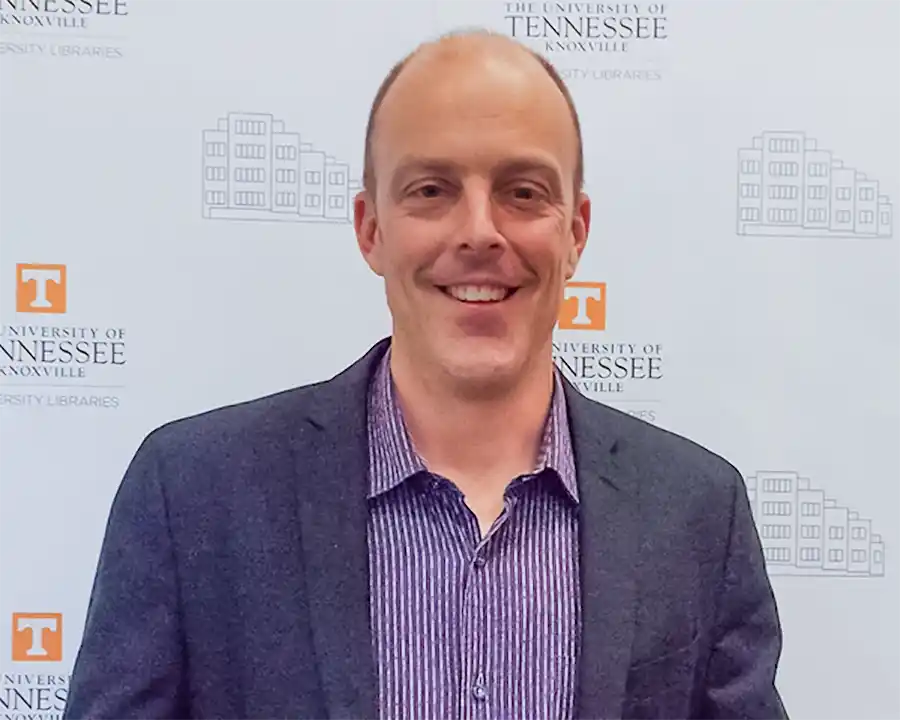How Learning Environments Shape People’s Response to COVID-19

Professor Alex Bentley teamed up with Professor Nina Fefferman in the Department of Ecology and Evolutionary Biology, former anthropology post-doctoral researcher Simon Carrignon, and NIMBioS postdoctoral researcher Matthew Silk to study how people process information about infection rates, government mandates, and the social norms of their communities in choosing how to manage risk during a pandemic.
In order for people to recognize the need to change their behavior through measures such as mask-wearing and social distancing, they need to believe that the risk of not changing is significantly higher than the social costs of adopting the new behavior. Paradoxically, the most successful efforts to change people’s behaviors can have the unintended consequence of creating a false sense of security, which leads them to abandon protective measures and revert back to riskier behaviors
Using probabilistic modeling, the research team explored these relationships in order to provide guidance on how best to “flatten the curve.” They discovered that people’s reluctance to stop using protective measures is more important than the ease of adopting these changes. In addition, people need to be able to see and understand risks in order to make meaningful changes in behavior. Factors such as low infection rates, and people who are infected but asymptomatic or hospitalized, can tend to make the risk less visible to people in their daily lives. As two other 2021 papers by Alex and former UT researchers Joshua Borycz (now at Vanderbilt) and Damian Ruck (now at a start-up company in London) found, there are identifiable cultural and socio-economic patterns in how people—and governments— have responded to COVID-19 risks to date
Taken together these findings could make the geographic and societal effects of a future pandemic more predictable. This latest study, published online in January in PLoS One, demonstrates the importance of considering social and behavioral, in addition to biological, aspects of pandemics. It will guide policymakers as they craft more effective communication strategies to address future outbreaks
Bentley was also recently interviewed by Chrissy Keuper on WUOT about his data model that identifies key variables that can be used to predict the severity of COVID-19 at the county level in the United States. You can listen to the interview at tiny.utk.edu/wuot-bentley.